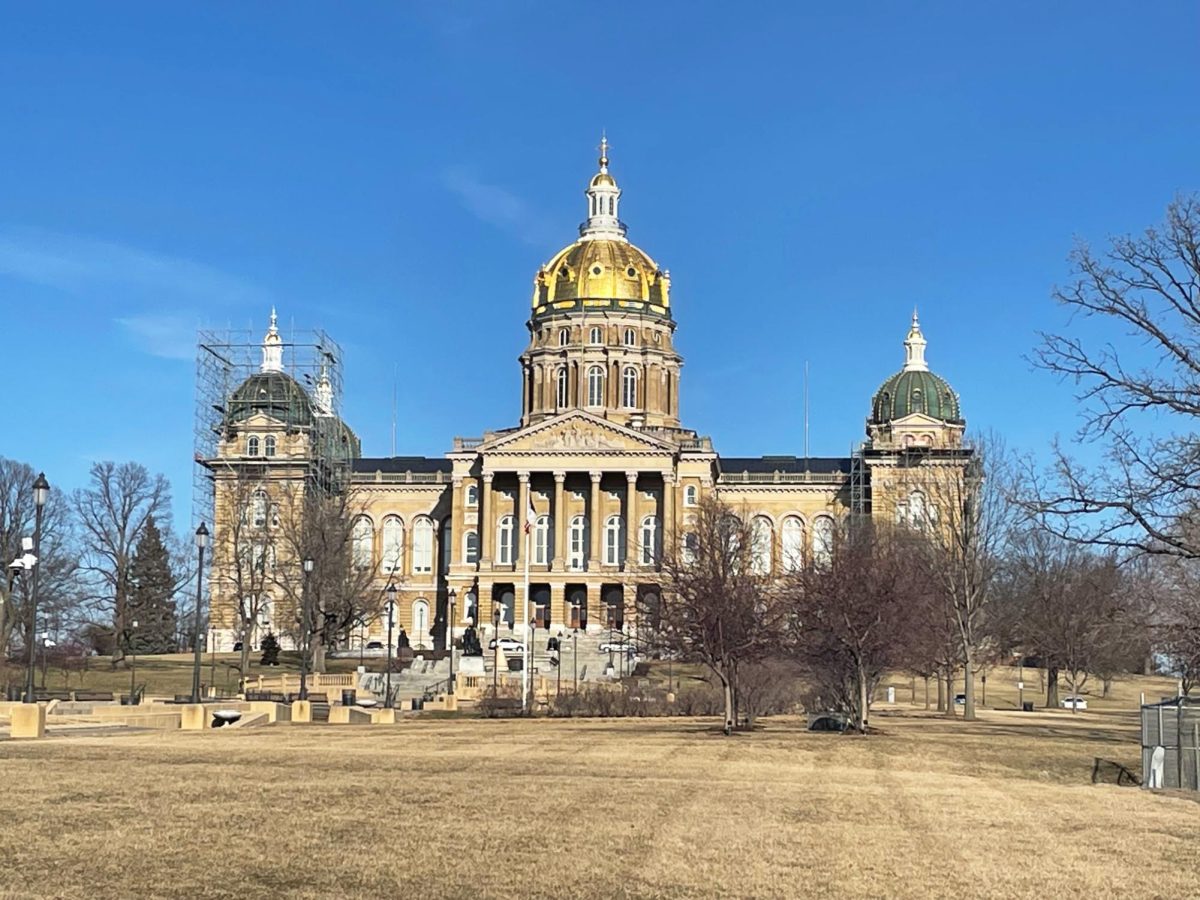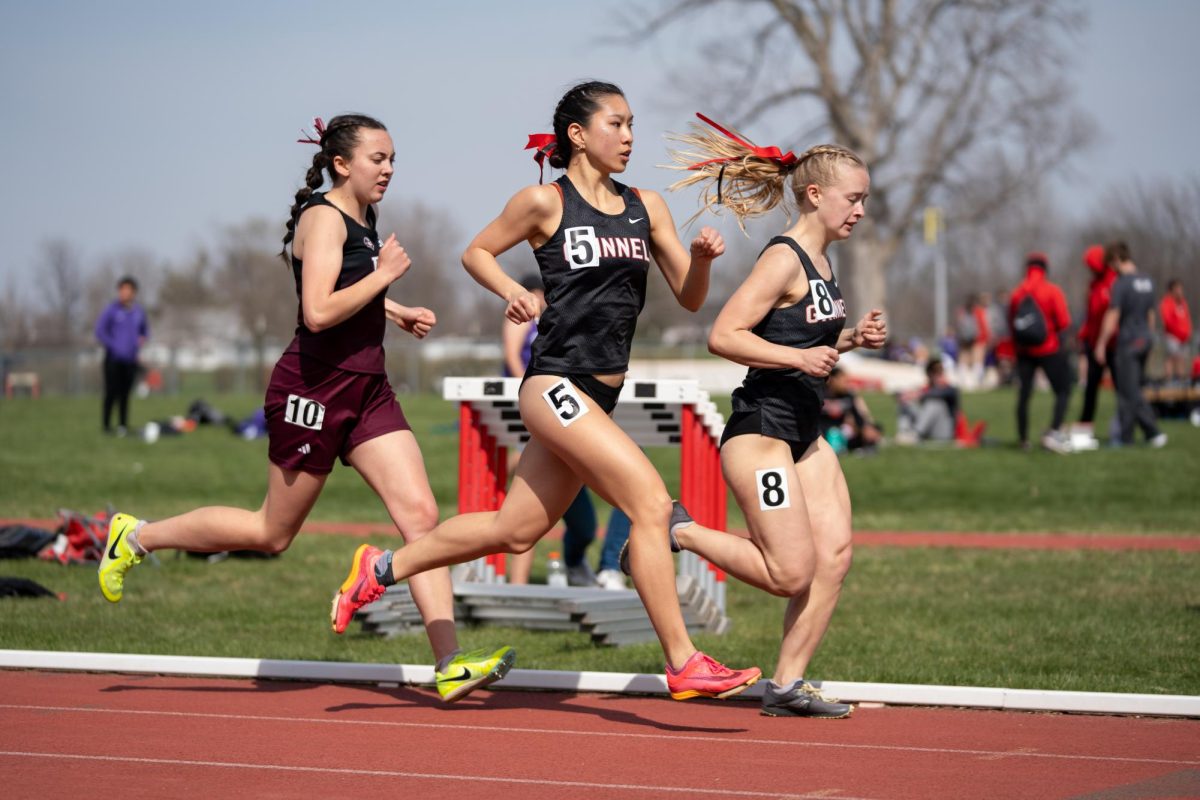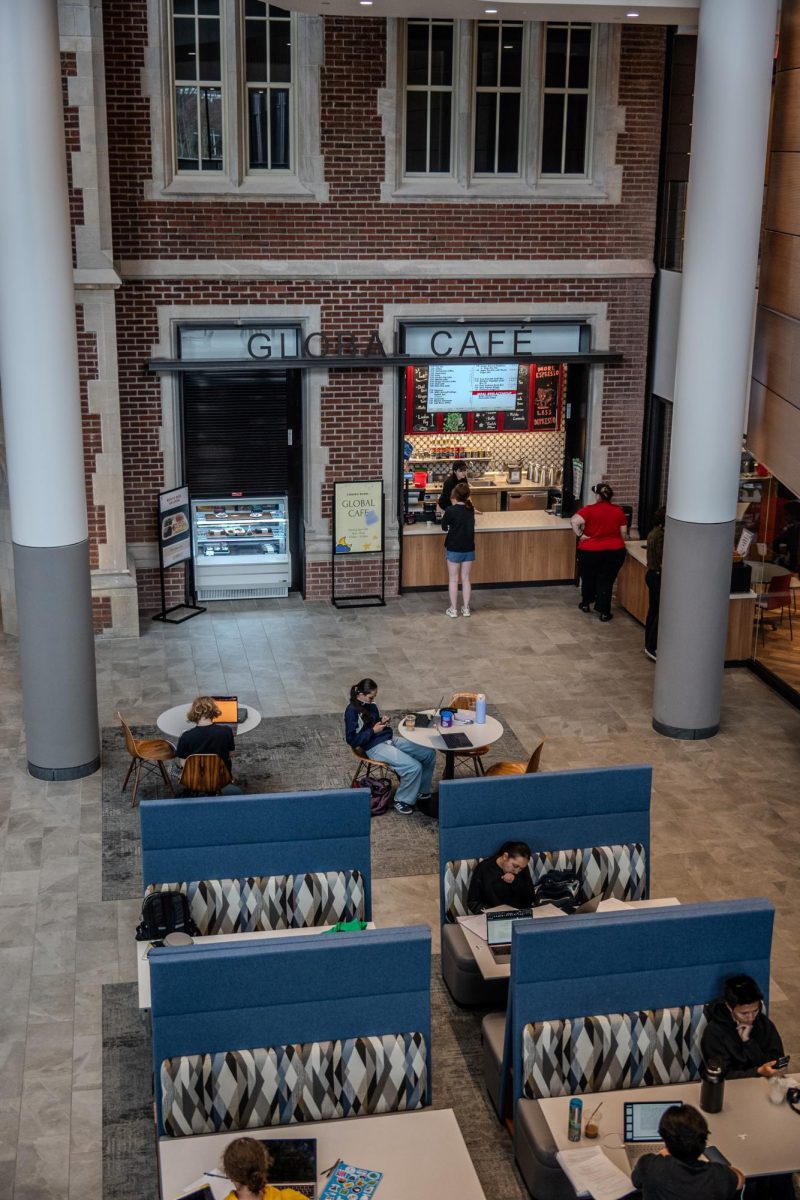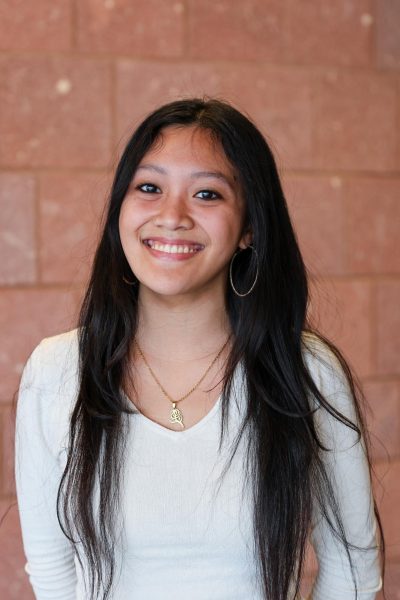The same day Iowa State Senator Ken Rozenboom received an invite to a dinner at Grinnell College, he learned that the campus chapter of Students for Justice in Palestine (SJP) had staged a walkout. When he sent an email to College president Anne Harris asking how administrators planned to respond, Harris forwarded her all-campus message–a response that left him deeply “puzzled” and “disappointed.”
“Frankly, I was more upset with that than I was with … the students,” he said. “I don’t have the slightest idea of how the College students and others have come to the conclusion that they’re supporting Palestine.”
Hence, he said that he drafted a rejection to the invite, sharing it with colleagues who had also been invited. According to him, “all but one” added their signatures to the letter–a total of eight legislators.
Joe Bagnoli, vice president for enrollment and dean of admission and financial aid, said that presidents and chief enrollment officers from Grinnell College, Central College and William Penn University organize annual dinners thanking elected state representatives for their support of the Iowa Tuition Grant. The grant supports Iowans attending independent colleges in-state who may otherwise be unable to afford tuition. This year, Grinnell students eligible for the grant received $280,000 total from the State of Iowa.
After the letter was published, Central College had tried exploring the possibility of proceeding with the dinner on their campus, according to an administrator who declined to be named. However, they did not receive enough RSVPs. President of the Iowa Association of Independent Colleges and Universities, Gary Steinke, who initiates yearly preparations for the dinner, said in a phone call with The S&B that “no other attempt” was made to salvage the event.
“They [the lawmakers] decided they weren’t coming, and so that was that,” he said.
Iowa State Representative Helena Hayes, one of the lawmakers who rejected the invite, emphasized that much consideration had gone into this decision. In an email to The S&B, she expressed displeasure with how Harris’ all-campus message had “repeatedly equated antisemitism with Islamophobia harassment.” She wrote, “These are two completely different things.”
“There is no moral equivalence today when it comes to Hamas and Israel,” said Rozenboom. “You cannot point anything Israel’s ever done in history that is even remotely close to what happened on Oct. 7… Why do you pick and choose which lives you will walk out of class to support?”
For Donovan Wilcox `27, member of the SJP, the legislators’ responses reflect “a larger problem of American politics.”
“Any criticism of Israel is accused of being anti-semitic,” he said. “And this is used as a way to prevent … a nuanced conversation about Palestine and Israel.” In response to the legislators’ concerns, he expressed that people should not have to choose “just one thing to care about.”
Wilcox added that the SJP was also disappointed with Harris’ message, but “for very different reasons.” He said he believed there was a “99.999 percent chance” that the College has significant investments in companies that “profit from the war, the violence and the occupation,” even though it has not been made clear which companies they are.
“The College is super secretive about what they’re actually invested in,” he said. “Our reasonable ask is just transparency about the endowment… we’re hoping we can work together with the college to specifically focus on what the investments actually are.”
“It does feel like sometimes academic institutions are not interested in uplifting the voices of student organizers,” he added. However, he warned that if the College chose to stay neutral, they were “siding with the oppressor.”
Hayes acknowledged that colleges have long had a unique function as active hubs of student activism and political action. However, she expressed that Grinnell students “would be wise to first consider if they support the mass extermination of any people based on propaganda.”
Rozenboom, on the other hand, believes that colleges have forgotten their main purpose as educational institutions. “What I’m seeing is at the very seat of learning … we find the greatest ignorance,” he said. “We seem to have lost the focus on teaching young people what they need to know to be successful … we’re not teaching when we’re enabling student walkouts to express something they’re so ill-informed of.”
Bagnoli maintains that the College is, however, committed to creating productive spaces for growth. In response to pressure from the legislators and SJP to “take a stance”, he said, “We’re an educational institution … not a political organization … in the multiplicity of identities and experiences at Grinnell there is no one statement to be made.”
“What many would like is, ‘Show us the action!’ But these processes that go into place when people report bias related incidents, they’re not open for public disclosure,” he said. “Look at our policies and trust that we are executing them, even though we cannot divulge the details.”
According to Bagnoli, the true role of educational institutions like Grinnell should be to “foster and safeguard discussion and free speech,” and “protect the spaces that permit students to pursue what they’re here to do.”
To him, the College has indeed served its purpose by preparing students for “civic and workforce engagement–where Grinnellians have consistently had a role and positive impact in Iowa and beyond.”





























































